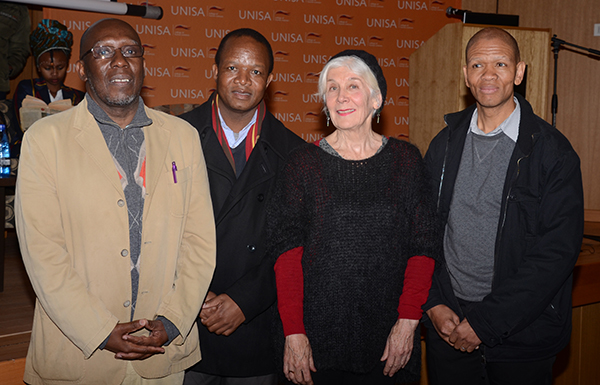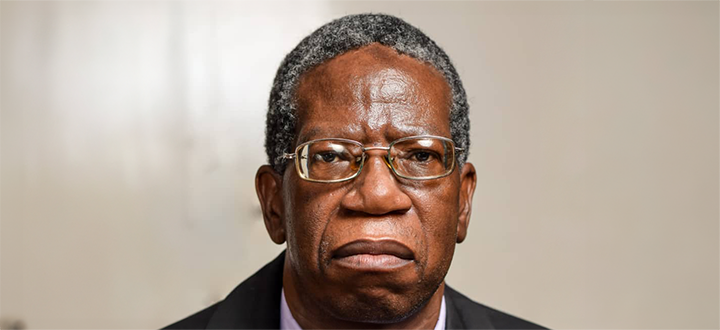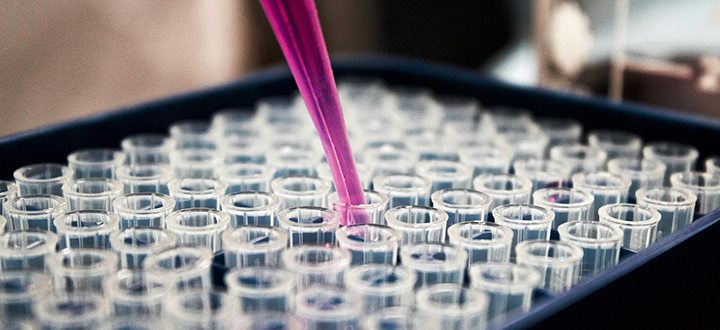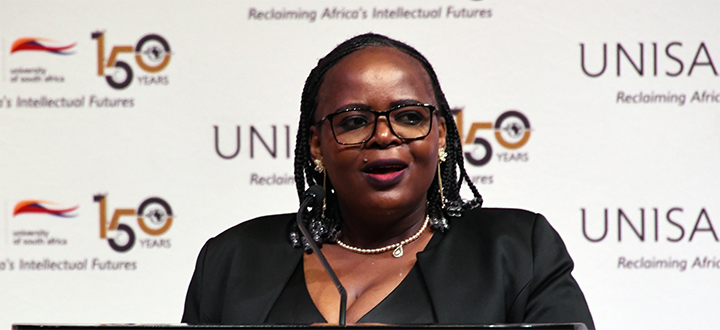Leading change
Interrogating the legacy of 16 June 1976, 40 years later
On 15 June 2016, the Department of History in the College of Human Sciences hosted a seminar commemorating Youth Day under the theme 40 years later: Interrogating the legacy of 16 June 1976.

Professors Sifiso Ndlovu, Sekibakiba Lekgoathi, Liz Gunner and Kealeboga Maphunye
The symposium was opened by the incumbent of the WIPHOLD-Brigalia Bam Chair in Electoral Democracy in Africa, Prof Kealeboga Maphunye. His open address was based on reflecting back to the day (16 June 1976) when he was learner and part of the Soweto Student Representative Council (SRC), who were in the forefront of the uprising protest against Afrikaans as the medium of teaching.
Maphunye said that at the time, he and all the other learners who were protesting and fighting against the imposition of Afrikaans in their schools, they were not really thinking about it as a legacy that will be left for future generations. He said the only thing they knew at that time was the removal of Afrikaans and they could not understand why the police force saw them as troublemakers, discouraging them to challenge the government, threatening to arrest them all.
“It was tough for us as learners at that time to have to be a kid and find yourself worrying about what kind of government should come in power after the apartheid regime and discussing national issues,” said Maphunye.
This is the time and space where the legacy is shared and interrogated but Maphunye says that there should be more research done on the legacy because there is much more information that needs to be collected from the 1976 generation still alive today. He said there is a very rich mine of information around the topic of 1976 student uprising and it should be gathered before the generation dies with it.
Pupils’ artistic perspective
After the open address, there were poetry presentations by learners from Norkem Park High School. They presented their poetry in a way that showed their understanding of the legacy of the student uprising and how it had contributed to their lives. They expressed their gratitude to those brave learners and said they had a voice today because of them and they are motivated to work diligently because, compared to 1976, things are much easier for them now.
Memories and reflections
Prof Sifiso Ndlovu, Prof Sekibakiba Lekgoathi, and Prof Liz Gunner came in after the learners to share their memories and reflect on this historic day. Ndlovu, who at the time was a learner in junior high, said he remembers how unfair it was for them to have to start learning a subject they knew they were good at in a language they did not understand, which consequently resulted in a massive decline in their performance and ratings. “We knew right there that we had to put a stop to this, because it was doing more damage than good,” he said.
Lekgoathi reflected on how he felt the impact of the protest that had erupted at Soweto. At the time he was in the rural home, but he could also feel that he needed to be a part of this movement that aimed to free them from this epistemic oppression.
Gunner shared her memories of the day, and said it was a workday in Durban where she was sitting listening to Zulu praises and songs. She spoke of the meaning carried by protest songs and how they were sung to express solidarity, emotions, and intentions. She said that is why it is important that when we commemorate this day, we sing those songs for they carry a great deal of meaning and emotion in them, and that is how we should remember the brave student comrades who endangered their lives for the greatest cause.
Student voices
A panel discussion comprising student leaders from various universities brought about some interesting arguments that claimed to interrogate this 16 June 1976 legacy. Students argue that the legacy that is left for them is not that of victory but that of an ongoing struggle that has many loose ends. They interrogate this legacy from the context of the recent protest by students, e.g. #FeesMustFall, #RhodesMustFall, and resistance against Afrikaans at the University of the Free State and the University of Pretoria. The discussion concluded that, according to student leaders’ views, much must still be done to totally resolve this struggle that was carried over from the apartheid regime.
*By Bryan Pilane
Publish date: 2016-06-22 00:00:00.0


 Mental health among men in the workplace needs more attention
Mental health among men in the workplace needs more attention
 "I owe everything to Unisa and my late supervisor's priceless mentoring"
"I owe everything to Unisa and my late supervisor's priceless mentoring"
 Majikijela - a queer scholar raising homosexuality awareness through his work
Majikijela - a queer scholar raising homosexuality awareness through his work
 Unisa and Inqaba Biotec unveil groundbreaking DNA research platform
Unisa and Inqaba Biotec unveil groundbreaking DNA research platform
 College of Law appoints esteemed scholar as executive dean
College of Law appoints esteemed scholar as executive dean